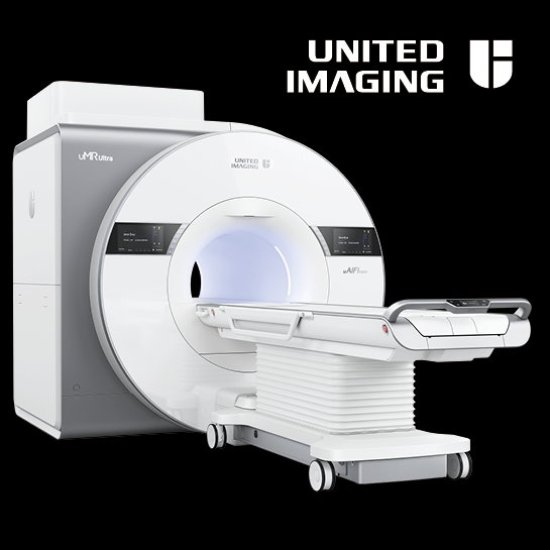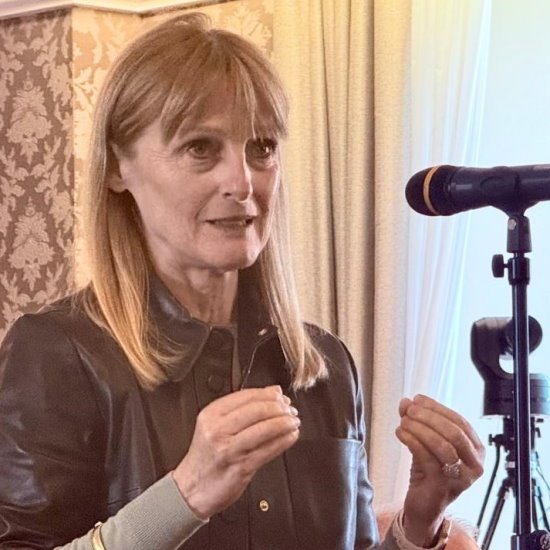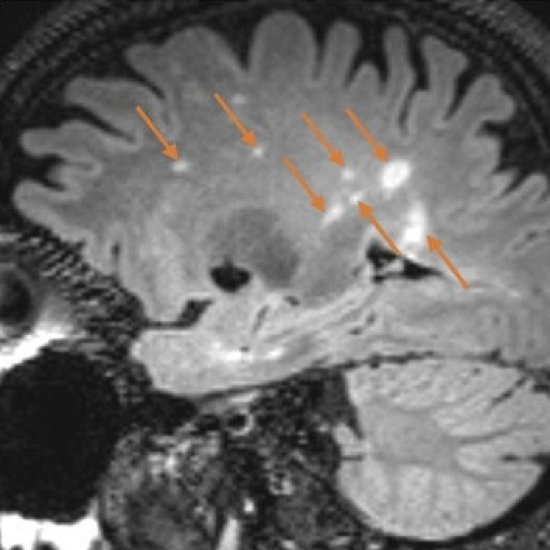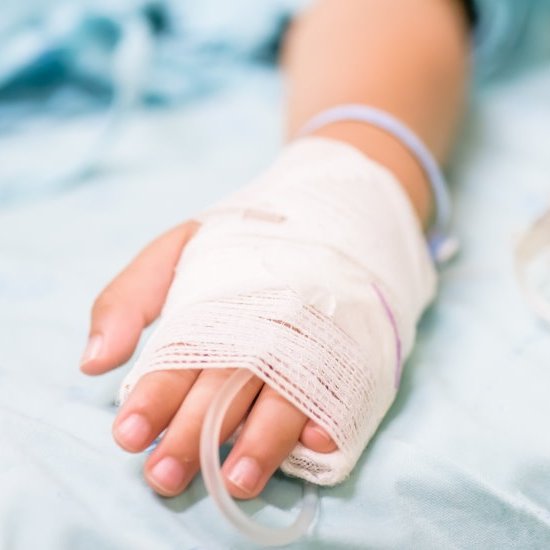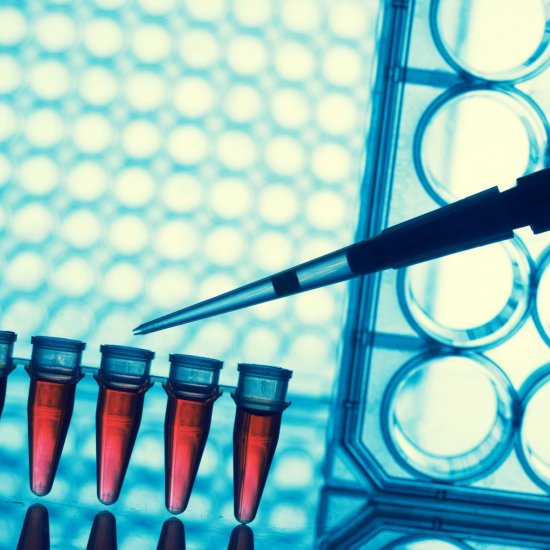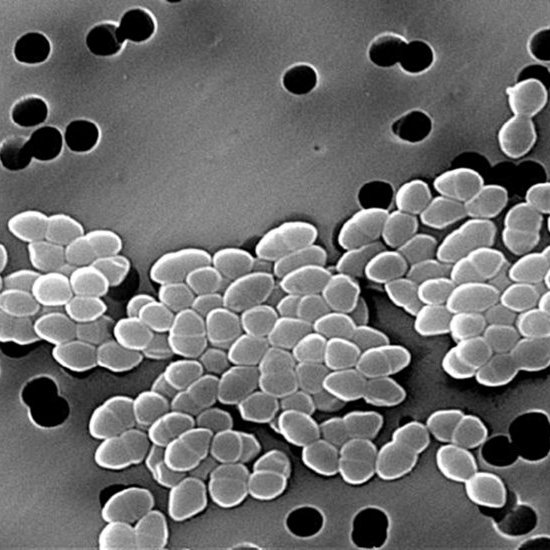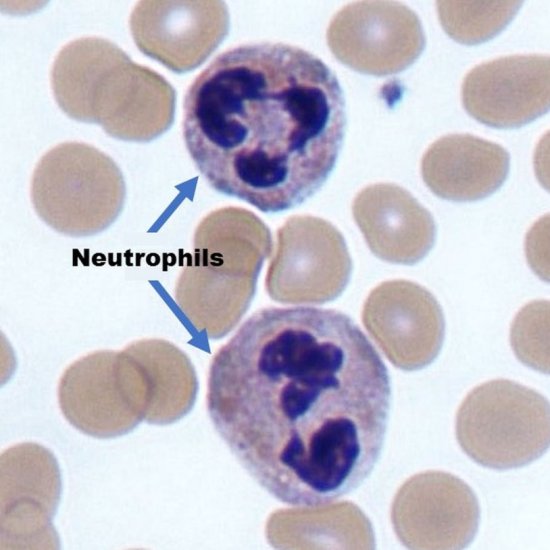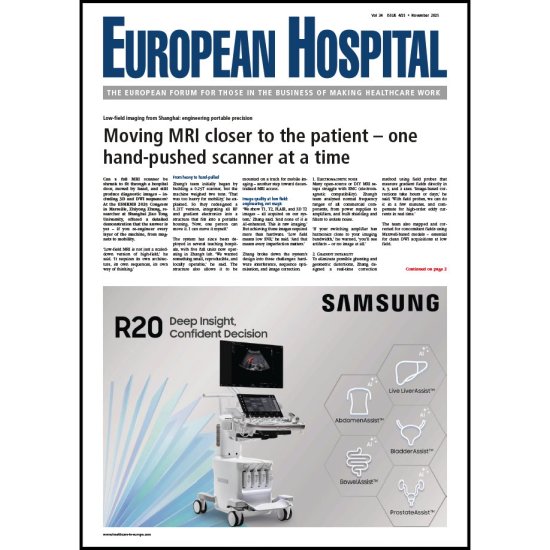
|
|
Is medical imaging helping the patient but harming the planet? Awareness of the – significant – environmental impact of radiology is on the rise. Fortunately, experts have already identified several ways to reduce the carbon footprint, with effective measures for both medical professionals and industry. This newsletter also explores new insights on childhood cancers, robotic assistance for dyspraxia, promising new diagnostic tools in infectiology, and more. Enjoy reading!
|
|
 |
Article • Reducing radiology's environmental footprint
What if every radiographer could help combat climate change while performing their daily work? Following the congress theme of ECR 2025, experts revealed how small changes – from education initiatives to simple workflow adjustments – can ... |
Sponsored • Precision and performance in medical imaging
United Imaging, a global leader in cutting-edge diagnostic imaging and radiotherapy solutions, proudly unveils two groundbreaking additions to its portfolio — the uMI Panvivo and the uMR Ultra — both newly CE-marked and set to redefine the ... |
|
Article • Launch of new national program
Lung cancer is the leading cause of cancer death in the EU, yet no organized screening program exists to detect the disease before symptoms appear. This September, France will strike back with an ambitious pilot program that could boost European ... |
|
News • Neuroimaging
Experts from the University of Nottingham have proven that multiple sclerosis can successfully be diagnosed using an MRI scan, meaning patients no longer need to undergo a painful lumbar puncture. |
|
News • Predicting obstetric complications
A new method for predicting the risks of severe injuries during childbirth could improve care and reduce long-term complications for women. |
|
News • From same-day to several years
Childhood cancer diagnosis times span from immediate to delays of several years, according to a new study. Young bone tumor patients are among the most affected by these delays. |
|
News • Research on assistive systems
Personalised, responsive assistance for patients with dyspraxia: Assistive robots could help patients with motor coordination conditions by detecting and predicting intent, effort and fatigue. |
|
News • Promising protein analysis tool
An Australian research team has developed a blood-based method of analysing thousands of proteins in a single, untargeted test. This potentially enables rapid diagnosis of many rare genetic diseases. |
|
News • Barrier effect research
Microbiota composition can help prevent pathogenic bacteria from proliferating, known as the barrier effect. Now, scientists have identified seven bacteria involved, paving the way for new therapies. |
|
News • From neutrophil to PMN-MDSC
A US research team has shown that Sars-CoV-2 can “reprogram” pathogen-fighting white blood cells into immune system suppressing cells — a potential mechanism by which severe Covid may arise. |
|
News • Intestinal disease diagnosis
A University of Liverpool study has used advanced genetic and genomic techniques to offer a major step forward in understanding and diagnosing infectious intestinal diseases. |
|
News • Appeal for tailored care approaches
When it comes to breast cancer, ethnic differences matter, putting some women at a significantly higher risk, a new study finds. Genetic ancestry should therefore be considered as a risk factor. |
|
ePaper
|
Article • Information & insights
The latest issue of EUROPEAN HOSPITAL is here! We cover promising applications of agentic AI in healthcare, latest developments in breast cancer screening and radiotherapy, give a sneak peek at the ECR 2026 congress, and much more. Click here to ... |
|
Personalia
|
 Daniela Oprea-Lager
|
 Klaus-Dieter Axt
|
|
Events
|
|
|
|
|
|
|
|
|
| |
You are receiving this email because you subscribed to our newsletter on healthcare-in-europe If you don’t want to receive this newsletter anymore, click here to unsubscribe.
Keep up-to-date on the latest news from all hospital-related fields!
Subscribe to our bi-monthly newsletter. Copyright © 2026 mgo fachverlage GmbH & Co. KG.
All rights reserved. E.-C.-Baumann-Straße 5, 95326 Kulmbach, Germany
email: newsletter@european-hospital.com |
|



|
|


